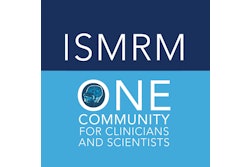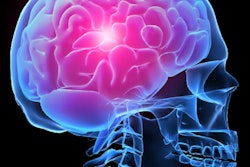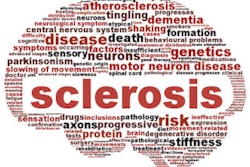Dear MRI Insider,
The annual meeting of the International Society for Magnetic Resonance in Medicine (ISMRM) this month in Montreal offered a wide variety of cutting-edge research on MRI and provided a road map to the modality's future.
One of the most fascinating presentations came from Swiss researchers who are developing a highly flexible coil that better molds to a patient's body parts and potentially provides better image quality for musculoskeletal imaging. More details are available in this edition's Insider Exclusive.
Other highlights from ISMRM 2019 include the following:
- MRI can assess how chemotherapy performed on pregnant women could adversely affect long-term cortical development in their children's brains.
- An artificial intelligence algorithm can produce high-quality synthetic contrast-enhanced brain MR images, potentially helping to avoid usage of gadolinium-based contrast agents.
- Multiparametric MRI is best for assessing and monitoring microtrauma of upper leg muscles as a result of running a marathon.
In other news, researchers are using a deep-learning algorithm in concert with MR brain images to accurately detect cerebral microbleeds, with only a few false-positive results. In addition, computer-aided detection software is helping radiologic technologists determine if patients with multiple sclerosis need a contrast agent for their brain MRI exam while they're still in the scanner.
Using functional MRI to gauge a child's neurological responses to different visual stimuli, researchers believe they have developed a faster way to diagnose autism.
Finally, MR images are showing that the use of even small amounts of cannabis can cause changes in the brains of adolescents, according to a study presented at the recent Society for Magnetic Resonance Radiographers & Technologists (SMRT) meeting.
Be sure to stay in touch with the MRI Community on a regular basis for coverage of news and research developments around the globe.




















